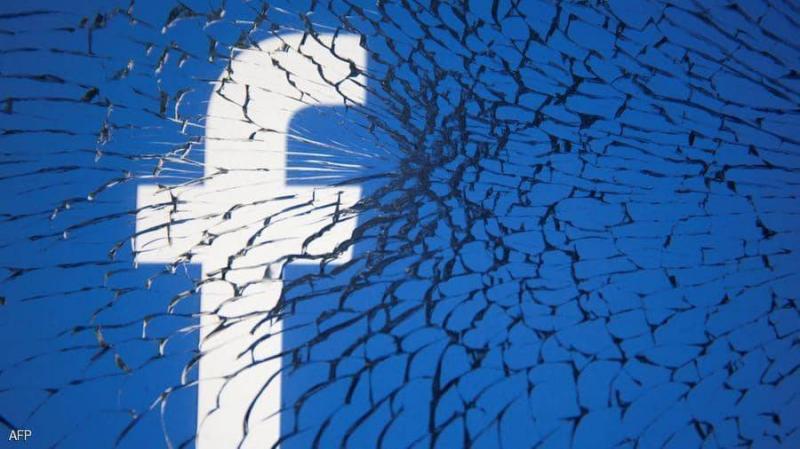Facebook has taken another step against Russia amid its invasion of Ukraine by temporarily stopping ads targeted at people in the country and refusing to display ads anywhere in the world from Russian marketers. The company stated that ads targeting individuals in Russia are temporarily halted due to difficulties in operating in Russia at this time. Advertisers within Russia will not be able to create or run ads anywhere in the world, including within Russia.
These actions represent a significant escalation in its measures against the country and could help prevent misleading Russian information related to the invasion of Ukraine from appearing in Facebook ads. The Russian communications and technology watchdog, Roskomnadzor, has officially banned Facebook after restricting access to the site for nearly a week.
This restriction has prevented many Russians from posting on social media amid the crisis. Facebook stated that due to the Russian government's decision to block access to Facebook within the Russian Federation, millions of ordinary Russians soon find themselves isolated from reliable information, deprived of their daily means of communication with family and friends, and silenced from speaking publicly.
The company clarified that it is working to keep its services available as much as possible but did not provide an update on the status of those efforts. This advertising move is expected to have little impact on the financial affairs of the company, now called Meta Platforms.
Dan Ives, an analyst at Wedbush Securities, recently stated that if the tech world in the U.S. withdraws its power from Russia, the revenue impact would not exceed 1 or 2 percent in the worst-case scenarios. He added that Wall Street would commend such an industry-wide action.
However, Facebook's decision represents an escalation of the tech industry's response to the invasion of Ukraine, now in its second week. The social media giant's decision on ads follows similar moves by Google, Twitter, and Snapchat, which have all temporarily halted ads in Russia.
Nick Clegg, Facebook's global affairs president, stated earlier last week that the company refused Roskomnadzor's request to halt its fact-checking of state-run media posts covering the invasion. This led to restricting access to the site in the country. The company has blocked access to Russian news sites RT and Sputnik in Europe.
This effort has expanded this week to include a global ban on access to all state-run media across Facebook and Instagram. Twitter has also been banned in Russia, according to local reports. However, the company stated it still sees effects of the throttling in the region, not a complete ban. Roskomnadzor has not stated that the platform is completely blocked.
The Russian communications watchdog has complained about YouTube, prompting Google to halt all ads in the country. Additionally, Roskomnadzor has raised concerns about TikTok's new efforts to label state-run media, stating that the Chinese-owned site has removed content from such Russian news organizations.




